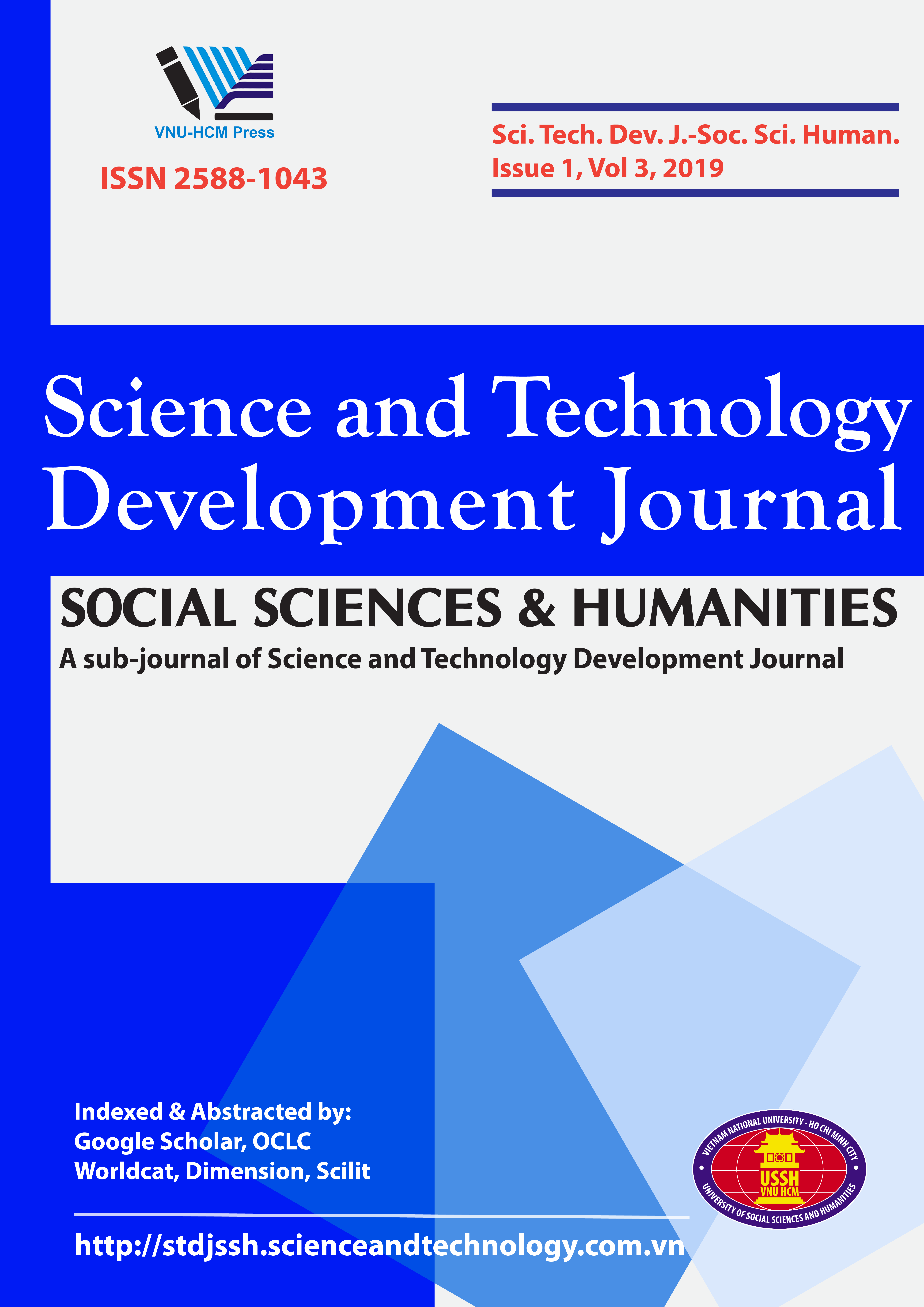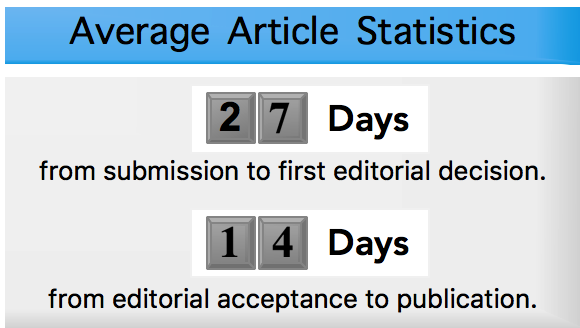Downloads
Abstract
Conversion is considered to be one of the universal phenomena of language. It can be said that this concept originates from the doctrine of F.de Saussure on the two-sided nature of the linguistic signals. According to F .de Saussure, the relation between the signifier – the “verbal shell” of the word – is finite and the signified – the objective reality needs to reflect – is infinite. The conversion is one of the most effective ways to create new words in Vietnamese as well as English, demonstrating an important characteristic of language: saving characteristics. The conversion phenomena in Vietnamese as well as English can occur in all words – both lexical and non-lexical words; in which, the conversion between lexical words (nouns, verbs and adjectives) is the most common. In the conversion between verbs (nouns, verbs and adjectives), the number of nouns that are converted into verbs and adjectives is the highest, then the verb, and the adjective. The paper presents the characteristics, types of conversion between nouns and verbs in Vietnamese and English; and compares the similarities and differences of this phenomenon in the two languages.
Issue: Vol 1 No 4 (2017)
Page No.: 5-18
Published: Dec 27, 2018
Section: Research Article - Social Sciences
DOI: https://doi.org/10.32508/stdjssh.v1i4.458
Download PDF = 1803 times
Total = 1803 times
 Open Access
Open Access 












